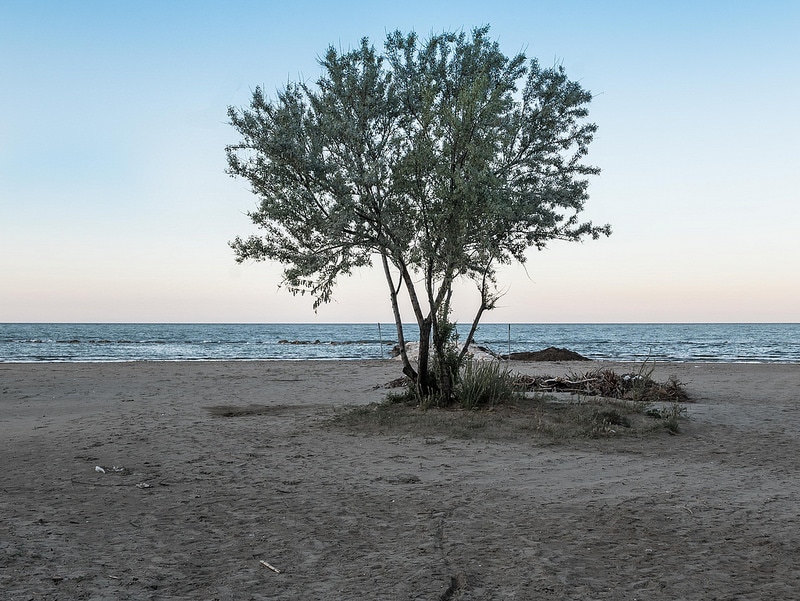|
Style in literature can be described as how the author uses literary elements such as words, sentence structure and figurative language to describe events, ideas and objects in their work. Stylistic devices refer to a variety of techniques used by writers. PLAY WITHIN A PLAYPlay within a play involves having another play within the main play. It is important as it helps in plot development, bringing out various themes and character traits. The play “The Caucasian Chalk Circle” is three stories presented in one; The story of the Goat Herders and Fruit farmers,The story of Grusha and Michael and The story of Azdak as the judge.these are thus presented as plays within the main play. The story of “The Caucasian Chalk Circle”, borrowed from a Chinese tale is presented as a play within a play. There is a meeting of the delegates who are trying to resolve the puzzle of who owns the piece of land between the fruit farmers and the goat keepers. When an agreement is reached, the peasant woman on the left invites Arkadi Tscheidse, the singer, to entertain them. There is also a play within a play when Michael and other children enact the beheading of the Governor. It is used to show the extent of evil in society as the children who are so innocent clearly portray it. Michael refusing to be the one to be beheaded shows he is the chip off the old block-the Governor’s son. It is also a satire of criticism of the senseless and cruel behaviour in the society. The play within a play is used to bring out the self sacrificing nature of Grusha. As seen when she takes care of Michael as he own son, through it various stylistic techniques such as use of song, Irony and flash back are evident. Various themes such as hypocrisy, negligence of duty among others are also brought out. The story of Azdak the judge is also a play within a play. It begins when Azdak helps the old beggar who late turns out to be the Grand Duke. It ends with Azdak judging Grusha’s and Natella’s case using “The Caucassian Chalk Circle.” This play within a play exemplifies the themes of justice, abuse of power and greed. Another play within a play is when the Fat Prince wishes to appoint his nephew Bizergan Kazbeki, as the judge. He requests the drunken Iron shirts to vet him. They perform a mock trial which involves Azdak who poses as the Grand Duke and the nephew poses as the judge. The Iron shirts takes up the roles of the people who have come to listen to the proceedings of the case. Azdak is blames of running the war badly but he instead blames the princes rather than himself. He is able to make several successful attacks on the prince’s corruption. Here, we learn how the princes mismanaged the war and blamed it on the Grand Duke. The nephew fails to make a judgement since he is out-witted by Azdak and the ironshirts unanimously settle on Azdak as the judge. The first ironshirt tells him, “Go to the judge’s seat! Now sit in It! (pg 74) JUXTAPOSITION/CONTRAST |
Archives
December 2020
Categories
All
Blossoms of the Savannah excerpts
SYNOPSIS OF BLOSSOMS OF THE SAVANNAH
|
||||||||||||
Can't find what you are looking for? Don't worry, Use the Search Box Below.
|
Primary Resources
College Resources
|
Secondary Resources
|
Contact Us
Manyam Franchise
P.O Box 1189 - 40200 Kisii Tel: 0728 450 424 Tel: 0738 619 279 E-mail - sales@manyamfranchise.com |

 RSS Feed
RSS Feed

